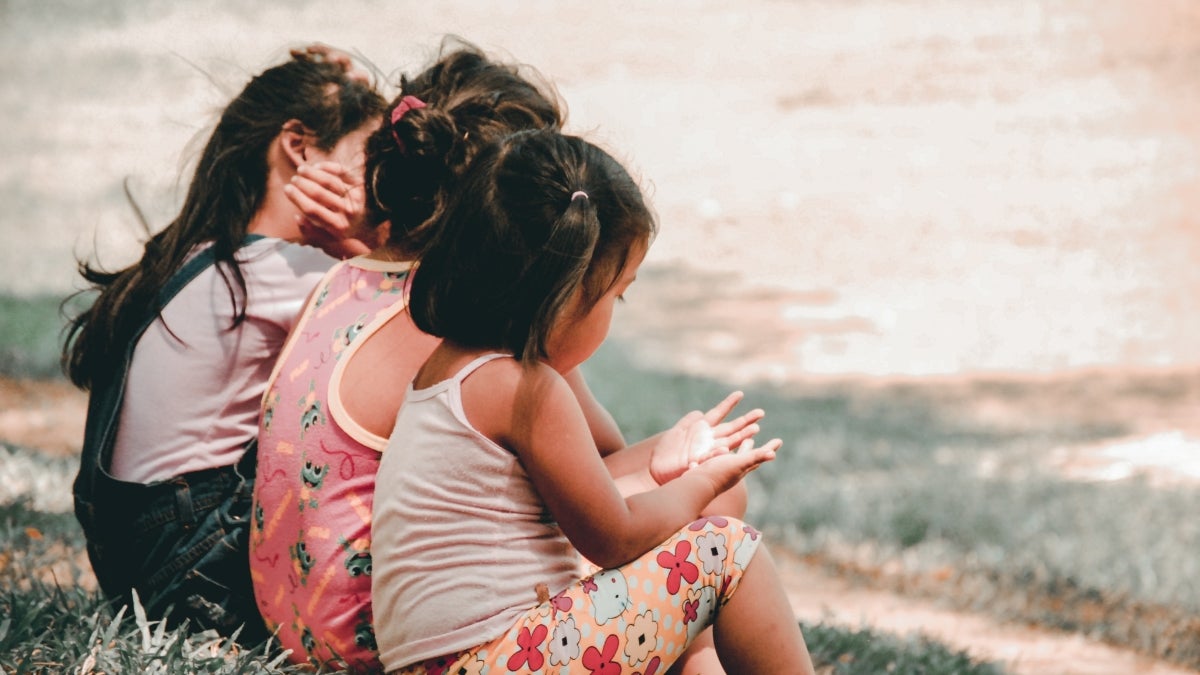Prevention that works: Innovating interventions to combat anxiety in youth

The ASU Department of Psychology is not just focusing on anxiety interventions. Starting Aug. 22, 2019, the department will launch the Certificate in Applied Prevention Science. Photo by Charlein Gracia, Unsplash
Most cases of anxiety and depression among school-age children are untreated. Among those receiving treatment, prescriptions and counseling for pediatric anxiety are only 60% effective. In spite of there being more evidence-based intervention programs than ever before, they remain unused, particularly with ethnic minority youth and families.
The Arizona State University Department of Psychology is working to change that.
Armando Pina, associate professor of psychology, will present on a new wave of evidence-based interventions for ethnic minority youth at the 2019 meeting of the American Psychological Association (APA) in August.
ASU’s Ryan Stoll, who recently earned his doctorate in psychology, also will be presenting at the APA meeting on brief and efficient evidence-based interventions for youth. Together, Pina and Stoll developed a brief intervention for anxiety. Over the past six years, they have worked to disseminate the intervention, called COMPASS for Courage, in schools. Stoll recently won the ASU Changemaker challenge for the project.
Related: Bringing the startup world to interventions
“Researchers remain mostly focused on testing interventions with Caucasians and in the last 10 years, there has been little to no progress in testing the effects of interventions with Asian American or Native American youth,” Pina said.
The APA is a large convention, and Pina hopes that presenting about the lack of progress to serve certain minority youth will help define steps to take in the future.
“There are systematic avenues researchers can take that are core to advancing intervention science for ethnic minority youth and reducing health disparities among diverse or underserved populations,” Pina added.
New graduate certificate program in prevention science
The ASU Department of Psychology is not just focusing on interventions for ethnic minorities or anxiety. Starting Aug. 22, 2019, the department will launch the Certificate in Applied Prevention Science (CAPS).
The CAPS program will prepare students for leadership jobs in their communities and at the state and federal levels. Students will learn how to find, evaluate and advocate for interventions that have been shown to prevent or reduce the severity of mental, emotional or behavioral disorders. Students who complete the five-course certification program will have an in-depth understanding of program evaluation, community building approaches and strategies for the sustainability of interventions that promote healthy social, emotional and interpersonal development in youth and positive family relationships.
Related: Helping children and families with a prevention science certificate
More Science and technology

ASU postdoctoral researcher leads initiative to support graduate student mental health
Olivia Davis had firsthand experience with anxiety and OCD before she entered grad school. Then, during the pandemic and as a…

ASU graduate student researching interplay between family dynamics, ADHD
The symptoms of attention deficit hyperactivity disorder (ADHD) — which include daydreaming, making careless mistakes or taking…

Will this antibiotic work? ASU scientists develop rapid bacterial tests
Bacteria multiply at an astonishing rate, sometimes doubling in number in under four minutes. Imagine a doctor faced with a…